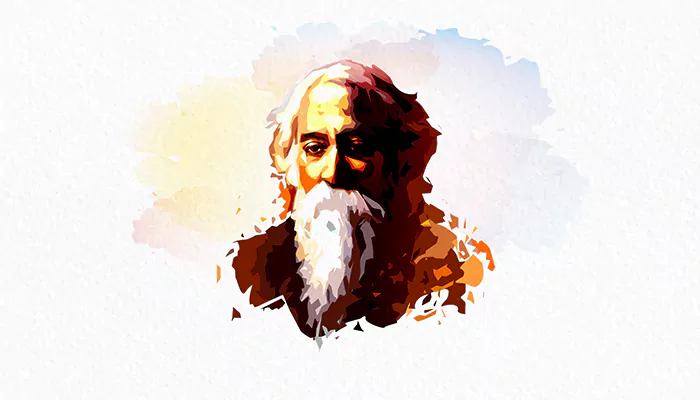The Theme of Ballads

When the day collects all its light at the epoch of the magic hour, the sky turns into a billion stories distinctly glowing with grace in that night.
Ballads are poems or songs which tell a story. That it is when simply put.
Ballads are that theme of literature that readers and poets alike have a merry time enjoying whilst reading. Be it the tale of some ship captain of some far-off sea or a man walking down a road. Ballads are the eye candy of story-telling.
Can Ballads be nonsense? – the freedom within the rules
One might have a notion that since ballads must tell a story through themselves, the freedom to write abstractly the words and expressions of the heart get locked away or hindered in the process. But poets such as Sukumar Ray and Lewis Carol can indeed assure you that such need not be the case.Nonsense Ballads and Unseen words: Beyond the dictionary
“‘Twas brillig and the slithytoves did gyre and gimble in the wabe”, Carol had written in his much-acclaimed Jabberwocky. The tale of the knight who slayed the Jabberwock with the Vorpal sword. Jabberwock – a word which kind of indicates nonsensical verse itself. These nonsense words which never found themselves in our speeches, writings, or dictionaries, somehow mysteriously crept into our hearts. And with all these words which fail to make sense by themselves was created a ballad which made a stern sense for being what it is.Ballads with morale: Ballads that narrate for a preach
There are several ballads, much like the stories which have moral endings. They usually tend to warn off the reader about something or pass along a straight-cut message asking them to not indulge in something or do a particular thing. Ballads in this way have been used to preach several thoughts and ideas.Epics: The next step to writing Ballads
Nine realms of hell – a journey back home after the war – and the great ugly face of a betrayal before one. These are some of the themes of ballads. Stories told through epic poems continue to shape our thoughts and ideas even today. Translated into several languages, epics remain a part of trivia and common knowledge even to those who have not had the opportunity to either read or catch a glimpse of them.The best example of epics being famous would probably be the Ramayana and Mahabharat whose stories have been read by far greater numbers than the actual epics themselves.











